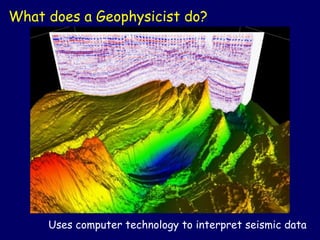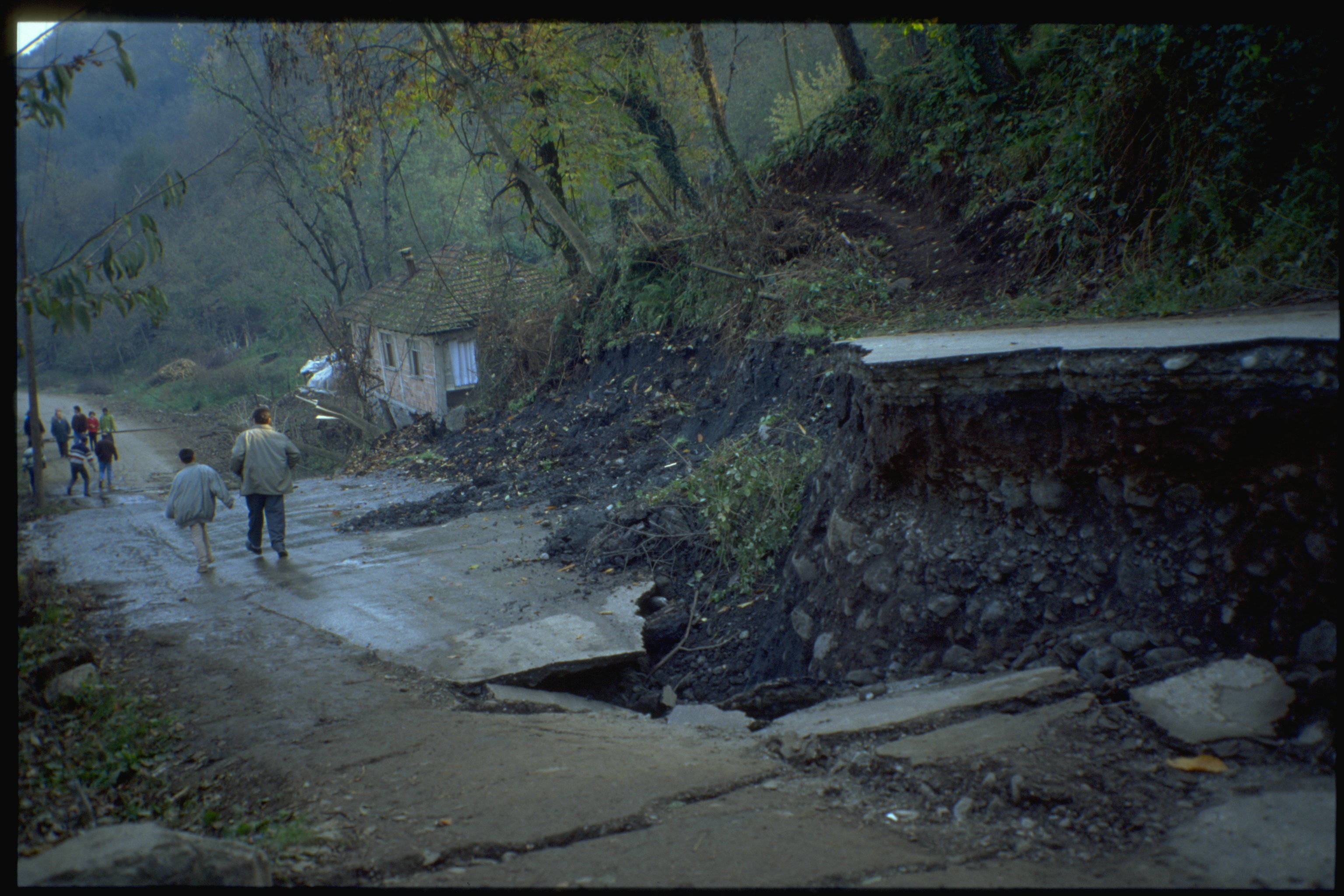All Categories
Featured
Table of Contents
Geological And Geophysical Surveys in Currambine Oz 2020

Other possible geophysicist majors that aren't geophysics or geoscience include: Climatic sciences and meteorology Chemical and physical oceanography Earth science Environmental science Hydrology and water resources science Materials science By earning any geophysicist degree, and by taking the required geology courses, you should qualify for an entry-level position as a geoscientist or geophysicist.
Ultimately, students should discover: a branch of geology that takes a look at the various aspects of minerals, consisting of chemical composition, internal crystal structure, and physical homes. the research study of rocks and the procedures and conditions that form and change them over time. There are a couple of subdivisions in this branch of geology, including igneous, metamorphic, and sedimentary rocks.

This field analyzes structural rock functions such as cleavage, faults, joints, and small folds. They must likewise learn the computer abilities essential to: examine data produce digital designs and maps operate geoscientists' software application Students need to also benefit from all opportunities to get real-world experience. Aspiring geophysicists should expect to hang around knowing: in the classroom in the field in labs Certainly, abilities taught in the classroom are very essential for aspiring geophysicists.
Geophysical Surveys - Method Types And Work Tehniques I ... in Hovea WA 2022
Geoscientists invest a lot of their time outside when working in the field, so they need to possess "outside abilities" like outdoor camping and operating boats, aircraft, and other automobiles. Due to the fact that they invest so much time in remote areas, it's essential that geophysicists also have the physical endurance to bring needed equipment on their walkings to locations of research study.
The task provides: a high median and top profits a high rate of individual complete satisfaction amongst geophysicists low work stress favorable job outlook More info on earnings potential and task outlook is detailed below. For students wanting to land an entry-level role as a geoscientist or geophysicist, it takes four years, or the time required to finish a bachelor's degree in geophysics or a related discipline.
Some research study positions in geophysics need postgraduate degrees. Likewise, if you prepare to teach at a college or university, you should earn a Ph - What Is Geophysics And What Do Geophysicists Do? in Ocean Reef Australia 2023. D. in geophysics or a related field. The time it requires to make a Ph. D. differs by organization and program, however it typically takes four to six years beyond the bachelor's degree.
Geophysicist Job Description in Cooloongu Oz 2023
A lot of employers need prospects to have a bachelor's degree in geophysics or a closely associated discipline for all entry-level positions. And, sometimes, companies require a master's degree. As an outcome, there's no chance around the degree requirements for ending up being a geophysicist. The majority of companies will expect or require a practicing geologist to be accredited for positions beyond those at the entry level.
Currently, 31 states need licensing for geologists, although licensing is not always needed, particularly for entry-level work. The states that do problem licenses use the Principles of Geology Exam (FGE), which is administered through the National Association of State Boards of Geology (ASBOG). Now that you know which degree for geophysicist jobs you need, you'll require to land a job, and it is very important to learn just how much money you can make in this profession.
According to BLS, the typical yearly wage for geoscientists is $93,580. According to BLS, specific industries use higher salaries for geoscientists, and in some cases, they provide higher-than-average incomes.
What Does A Geophysicist Do? in East Perth Oz 2023
In truth, mining, quarrying, and oil and gas extraction offers over $32,000 more every year than the typical annual wage for this occupation. The federal government, too, uses over $10,000 more in revenues than the nationwide average for geoscientists. In addition to market type, geographical area can significantly impact profits for this occupation.

The top-paying states and their annual mean salaries, according to the BLS, consist of: Texas $166,720 Oklahoma $149,630 Pennsylvania $120,590 Hawaii $120,130 Colorado $107,260 These 5 top-paying states provide much higher incomes than the average for this occupation. Salaries for geoscientists in Texas are over $73,000 greater than the national average.
It should come as no surprise that most of these high-paying locations remain in Texas and Oklahoma, but some are discovered in California, Louisiana, and Colorado. The leading 10 highest-paying metro locations for geoscientists are: Houston-The Woodlands-Sugar Land, Texas: $188,400 Tulsa, Oklahoma: $186,490 Midland, Texas: $167,040 Odessa, Texas: $147,080 Oklahoma City, Oklahoma: $145,350 Bakersfield, California: $130,080 Urban Honolulu, Hawaii: $124,470 New Orleans-Metairie, Louisiana: $121,030 Washington-Arlington-Alexandria, DC, VA, MD, WV: $120,180 Denver-Aurora-Lakewood, Colorado: $116,910 For some geoscientists and geophysicists, residing in a metro city is not as attractive as living in a smaller sized neighborhood.
Table of Contents
Latest Posts
How To Become A Geophysicist in Tuart Hill Western Australia 2020
What Do Geoscientists And Hydrologists Do? in Oakford WA 2023
Recent Advances In Optimized Geophysical Survey Design in Mindarie Australia 2021
More
Latest Posts
How To Become A Geophysicist in Tuart Hill Western Australia 2020
What Do Geoscientists And Hydrologists Do? in Oakford WA 2023
Recent Advances In Optimized Geophysical Survey Design in Mindarie Australia 2021